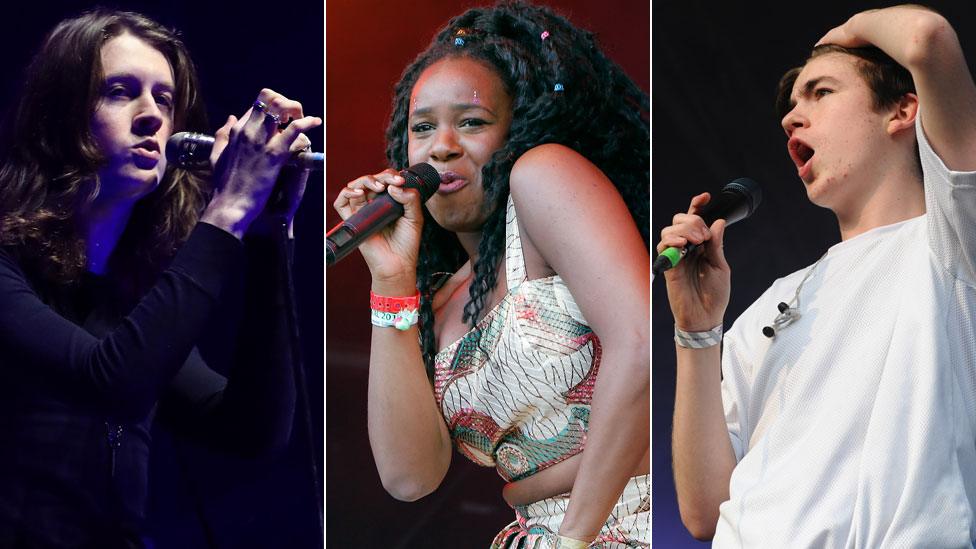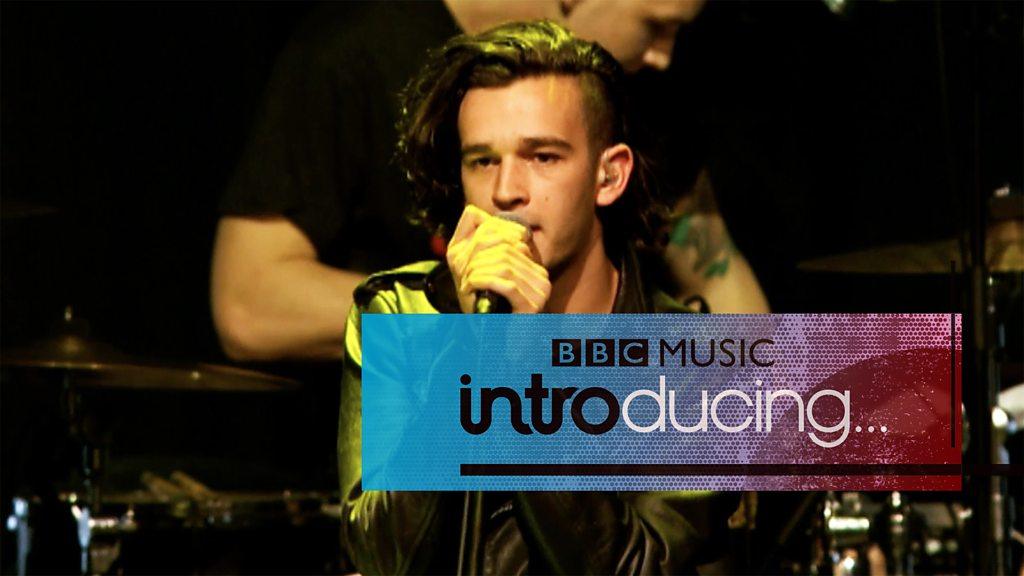Radio 1 told to play more new music
- Published

The new guidelines affect shows like Greg James' drivetime programme
BBC Radio 1 has been told that 50% of the songs it plays in the daytime must be "new music".
The ruling came from Ofcom, external, which said "a significant proportion" of the music must come from "emerging UK artists".
The watchdog also tightened up its definition of new music, which could result in a higher rate of turnover on Radio 1 and Radio 2's playlists.
However, it stopped short of imposing tougher guidelines requested by the BBC's commercial rivals.
Under the previous system, new music was defined as songs that were either unreleased or less than one month old.
The new rules state: "A song is to be considered 'New Music' for a period of either (a) 12 months from first release; or (b) six weeks from the date it first enters the Top 20 - whichever is sooner."
The move reflects the advent of streaming, where a song can be available for months before becoming a mainstream radio hit.
Radio 1's new music quota has been raised from 45% to 50% of the songs broadcast in daytime; while Radio 2 must observe the lower figure of 20%.
However, both Radio 1 and Radio 2 already exceed the targets - playing 54% and 28% new music respectively.
For that reason Global Radio, whose stations include Capital, Heart and Classic FM, petitioned Ofcom to impose tighter conditions on the BBC.
It said any song should stop being considered "new" four weeks after receiving its first play on the station.
Radiocentre, which represents stations like Kiss, Radio X and Absolute Radio, also argued for the new music tag to expire after six months, or four weeks from the song entering the Top 40.
Ofcom rejected these suggestions, saying they would "severely limit the ability of the BBC to support truly new music", especially from emerging or independent artists.
BBC Music Introducing celebrates a decade of championing new musical talent.
Members of the public were also given the chance to respond to the consultation, generating some passionate arguments about the state of modern music.
"I have a problem generally with the whole 'new music' issue," wrote one correspondent. "It's no longer music."
"Simply, there are thousands of small good bands out there and they are not getting airplay when some geek can issue 'tunes' which are little more than a software program."
The new rules come in to force on 1 April; and the BBC welcomed the changes.
"The BBC has always been a huge champion of new music and we are doing more to support new artists," it said in a statement.
"We will meet the new Ofcom conditions and look forward to continuing to deliver the best and freshest content for our audiences."

Follow us on Facebook, external, on Twitter @BBCNewsEnts, external, or on Instagram at bbcnewsents, external. If you have a story suggestion email entertainment.news@bbc.co.uk, external.

- Published6 October 2017

- Published16 March 2018

- Published5 October 2017
